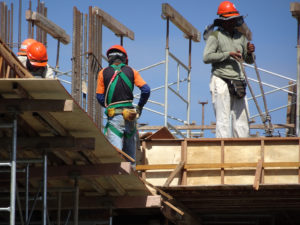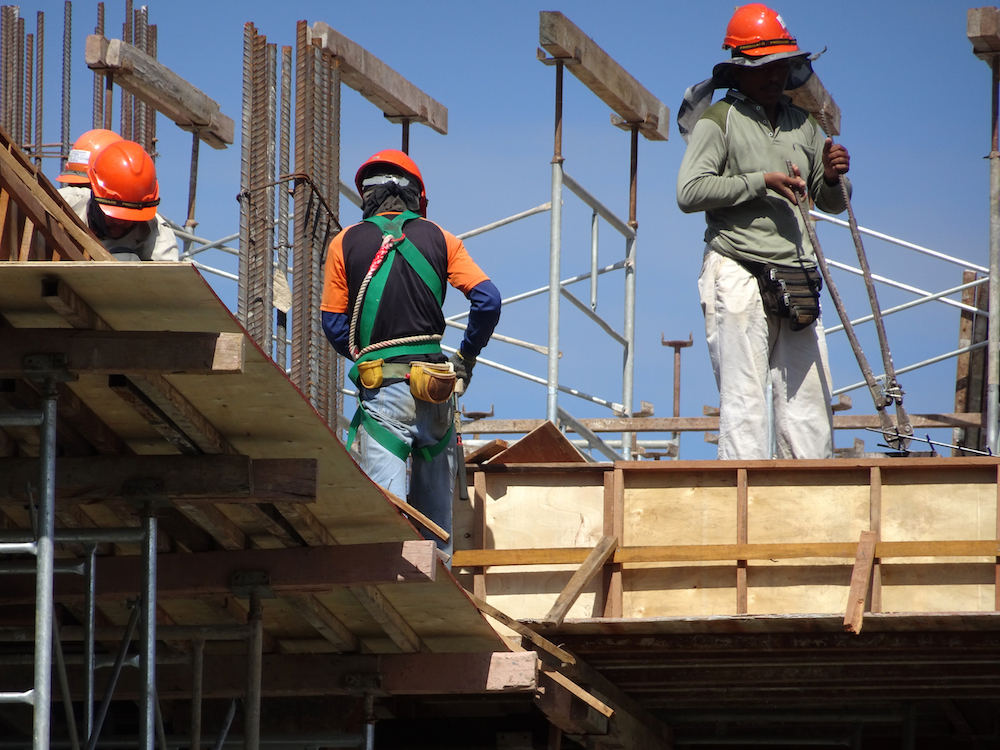
As the recent California case Moorefield Construction, Inc. v. Intervest-Mortgage Investment Company shows, the question of when (and whether) mechanics liens may be waived, or the priority of those liens subordinated, is both important and of interest to all parties on a construction project. In that case, a California appeals court determined that an original contractor may prospectively subordinate it’s potential mechanics liens to a construction lender’s security interest. This question of lien priority is treated differently from state to state, however, and the fairly recent passage of SB 3023 (as Public Act 98-764) in Illinois provides some additional information on the topic.
On-Going Debate
Over the last several years, the Illinois legislature and courts have been debating and modifying the rules regarding mechanics lien priority as related to lenders. The conversation was brought to the forefront by the 2011 case LaSalle Bank N.A., v. Cypress Creek, 242 Ill. 2d. 231 (2011). In that case, it was determined that a mechanics lien’s priority was tied directly to the amount by which the specific lien claimant’s work improved the property. The mortgage lender, received a credit for the value of the work improving the property, such that construction mortgage lender gained the benefits of having made such payments.
This case led to the passage of legislation that attempted to create a fair, bright-line rule to competing priority between these security interests. The rule conceived limited construction mortgage lender priority in foreclosure proceeds to the value of the unimproved property at the time the construction contract was entered into, and the mechanics lien claimants had priority to the proceeds of a foreclosure sale to the extent of the value of the subsequent improvements to the property. This determination was lobbied against by the construction lenders who found themselves battling liens for amounts that were for work purportedly already paid for with construction loan finds. To escape this situation the lenders began to include and request subordination agreements to subordinate potential mechanics liens to the interest of the lender. While Illinois law prohibits no-lien clauses, clauses to merely waive a mechanics lien’s priority over another encumbrance is allowed (provided the contract and all applicable subcontracts to which the clause is to apply clearly set forth the subordination clause in writing).
Clearly, contractors and subcontractors did not approve of this “loophole” being used by the lenders to limit the rights afforded by mechanics liens, and SB 3023 was drafted and introduced.
SB 3023 and The Current Situation
As introduced, SB 3023 contemplated the complete prohibition of allowing the subordination of mechanics lien rights as against public policy. This hard-line stance was modified somewhat in the passed legislation, however, and the act attempts to provide a mechanism by which construction lenders could still get a little bit of subordination protection. In the bill, as passed, agreements to subordinate mechanics lien priority are prohibited, BUT a “an agreement to subordinate a mechanics lien to a mortgage lien that secures a construction loan” IS ACCEPTABLE “if that agreement is made after more than 50% of the loan has been disbursed to fund improvements to the property”.
While this provides that a lender may still gain the benefit of having mechanics lien rights subordinated to the lender’s rights on a project, the lender must wait to do so until after at least 50% of the loan has been distributed. As a practical matter, this seems as if it will dramatically decrease the ability of construction lenders to enter into valid subordination agreements.



